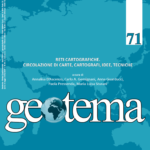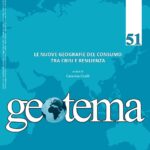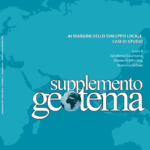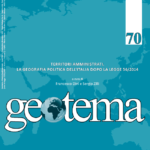Valeria de Marcos
Peasants and the production of food: new values and ways of thinking about the relationship between food, agriculture and the environment
Abstract: In the twenty-fi rst century, the countryside has been characterized by advances in the production of commodities on a large scale based on a large estate model, production highly adapted to the technical and technological packages of the Green Revolution, and the use of a small, at all times wage earning, workforce. Another characteristic that has expanded in recent times has been that of the presence of large corporations – of seeds and inputs – in controlling the direct production of farm products, and often, subsequently, going on to market them. This production model, which is highly encouraged by Latin American States, has resulted in the imposition of an increasingly less diverse model of food production, characterized by the imposition of the capitalist logic of the pursuit of profi t at any cost, and the privatization of seeds, land and water (Vivas, 2009), which ultimately ends up resulting in an increasingly defined process of genetic erosion (Porto Gonçalves, 2006). The imposition of this model eventually resulted in a crisis for many peasants, from which another production model emerged based on the production and dissemination of native seeds, the diversifi cation of varieties made from agro-ecological farming practices, and direct commercialization by means of agro-ecological fairs or solidarity purchase groups. Two opposing models are to be considered here, which have highly differing results on the countryside and the perspectives they hold on the future are quite different from each other; these are the models to be analyzed in the present article.
Keywords: Peasants, Production of food, Agriculture, Environment.
GEOTEMA_52_06_de-Marcos









